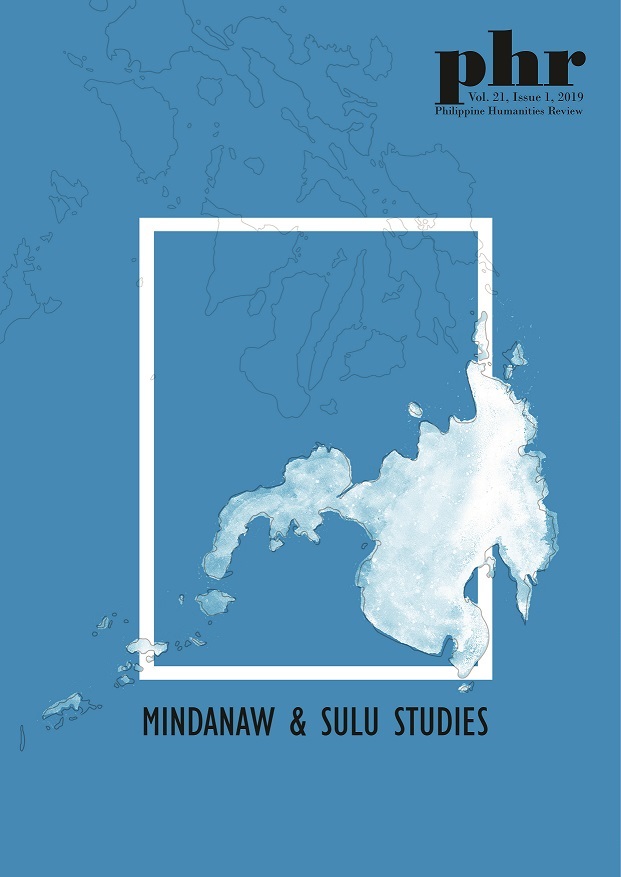What Is an Editor?: Ricardo de Ungria as Producer of Knowledge
Abstract
The canons of Philippine literatures are generally presented in anthologies. By gathering works of various authors, an editor of a literary anthology assumes that either a thematic or formal pattern is evident in them and that the works merit attention. Such projects stem from an agenda,decided on and vetted by a consciousness extraneous to the works. If literature is primarily caused by a consciousness, then an anthology’s editor, who takes on the task of literary curation, may as well be considered as an author. A presumption of authority is accorded the editor, who puts forward an agenda and serves an “author-function” in the anthology. This essay will explore the ramifications of literary anthologies, focusing on the intellectual life of Manila-born, Mindanao-based writer Ricardo de Ungria, particularly, his interventions in the construction of Mindanao knowledge in the interview series Habagatanon: Conversations with Six Davao Writers (2015) and Voices on the Waters (2018) and the omnibus collection of Tita Lacambra-Ayala’s poems Tala Mundi (2012). As an academic in a premier state university and as a nationally awarded writer, de Ungria embodies the epistemic authority that creates in the national imaginary the literary identity of a place where the settler dominates in the policy-making decisions for the island. The analysis will identify the editor’s subject-position as a settler in a culturally diverse Mindanao and the “formation of unities” that constitute Mindanao literature.


